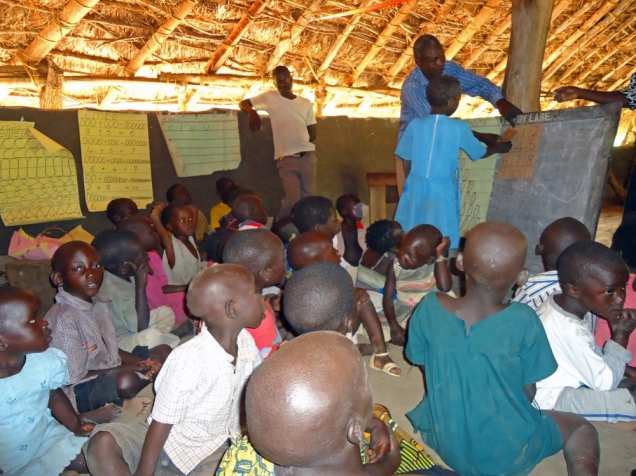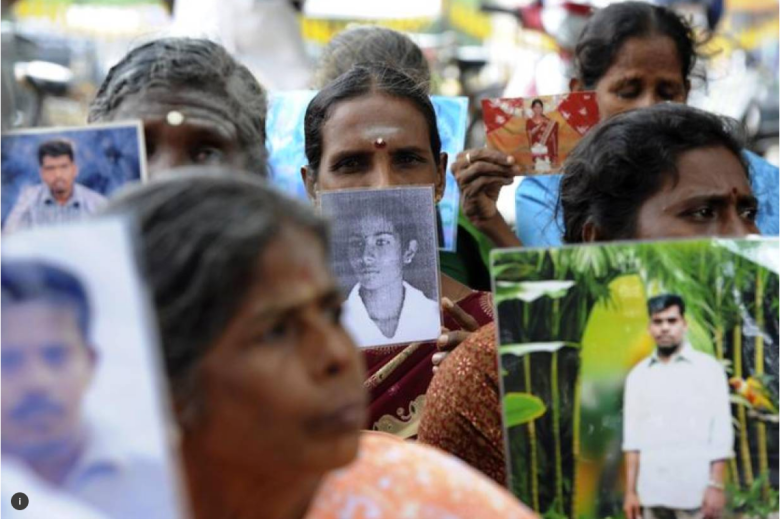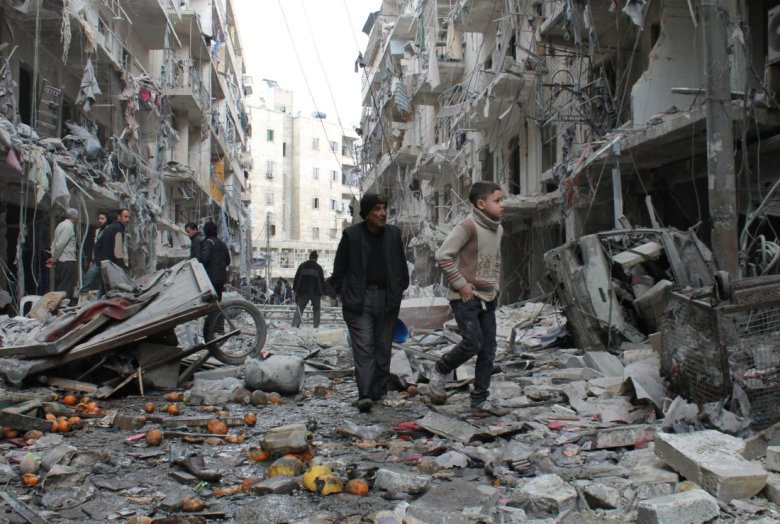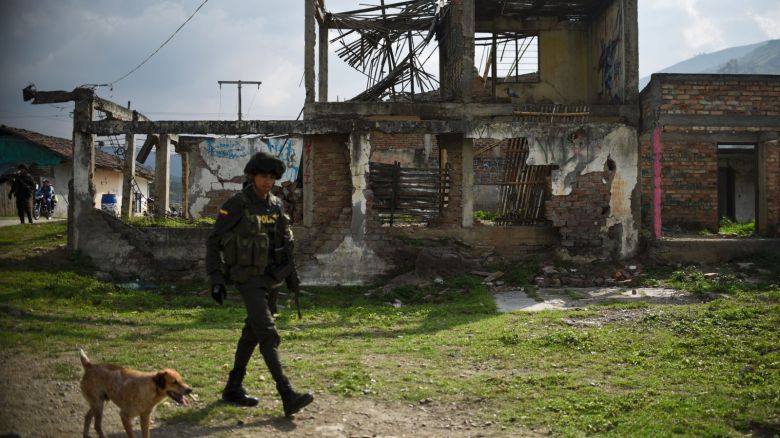One of the most pressing challenges for many less-developed countries is how to achieve and maintain peace. Conflict makes development in any form (economic growth; poverty reduction; increased human rights protection) extremely difficult to achieve. This has been recognised by international organisations and aid donors, and much development assistance is now directed to conflict resolution in Fragile and Conflict Affected States (FCAS). This network focuses on one of the main ways in which states and the international community now approach conflict resolution: the promotion of justice initiatives. The use of ‘transitional justice’ (TJ), including trials, commissions of inquiry, reparations and amnesties, has increased markedly since the 1990s, with justice seen as a way to end conflict and achieve societal reconciliation. Academic and donor work has attempted to assess the impact of TJ on peace and development, but has produced inconclusive, even contradictory results. This leaves a significant research gap, and a pressing need to fill it as donors increasingly fund justice projects as part of development agendas, and policy makers and advocacy groups seek to achieve justice for, and promote the welfare of, conflict-affected populations.

The Justice, Conflict and Development network is motivated by a desire to better understand the relationship between justice and development by focusing on four conflict-affected countries (Colombia, Sri Lanka, Syria and Uganda). Each of these states (or opposition groups, in the case of Syria) is currently making decisions on what kinds of TJ institutions to build, often under pressure from the international community, but without robust evidence about the likely impacts of their policy options. The network brings together 18 academic and practitioner experts, plus civil society project partners, who collectively have a broad range of knowledge and experience in the case sites and elsewhere. Project partners will facilitate links with stakeholder groups (including those whose voices tend to be marginalised within policy circles, such as those displaced and dispossessed by conflict; women; young people) and arts organisations, to feed alternative sources of knowledge into the network.

The aim of the network is to develop interdisciplinary research agendas, relationships and capacities to understand the interactions between TJ institutions and development in FCAS. To achieve this aim, the network objectives are 1) Develop ambitious and impactful comparative research agendas on justice and development in FCAS; 2) Synthesise, map and disseminate existing research and identify knowledge gaps, including by engaging alternative sources of knowledge; 3) Foster interdisciplinary engagement by capacity and relationship building; 4) Engage policy makers, advocacy groups and publics in case sites and elsewhere.

The network will be hosted by the LSE Centre for International Studies. It will achieve its objectives through three sets of activities: 1) Project workshops, to be held in Colombia, Sri Lanka, Lebanon and Uganda; 2) Public events, meetings and other activities organised around workshops to maximise engagement with, and benefits to, stakeholders; 3) Virtual engagement via an interactive project website (including open access resource centre), a series of blog symposia and a LinkedIn Group.
